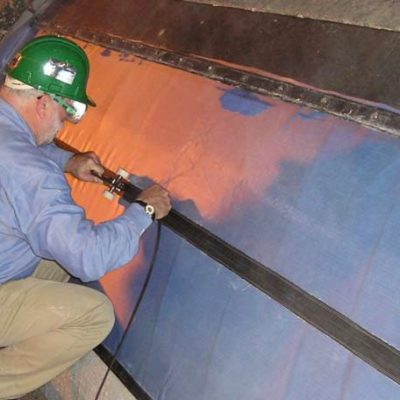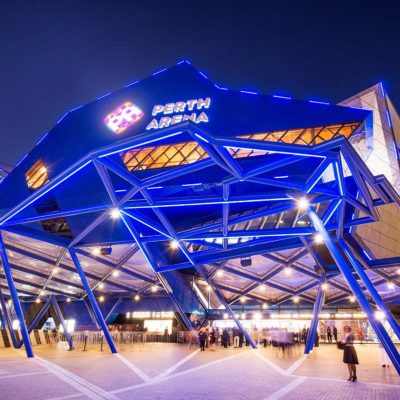This information is offered as a general guide only and as an indication as to the possible considerations that should be taken into account when selecting polymeric materials for service in contact with certain chemicals and fluids.
The indicative rating systems used are based on literature published by various plastics and rubber suppliers and on the considered opinions of experienced rubber technologists. It is important to note that the performance of products, even those based on a given type of plastic of rubber, is strongly dependent on the choice of the particular grade of elastomer nominated, as well as on the manner in which the elastomer is formulated, compounded and processed. There are many variables and these listings are therefore offered in good faith and Boss Polymer Technologies does not guarantee their accuracy nor assume responsibility for their use.
Many factors must be taken into consideration when evaluating a polymer for possible suitability to a particular product application. Among the important factors to be considered are:
Conditions of Service
A compound that swells somewhat might still function adequately as a static seal, yet fail in any dynamic application. It is extremely important that you ensure that you have all of the details concerning the conditions that the product is, or even may be, subjected to in service.
Temperature of Service
Higher temperatures generally increase the effects of chemicals on a polymer. The effects vary depending on the polymer and the chemicals concerned. A compound that is quite suitable at room temperature might fail miserably at even moderately elevated temperatures.
Grade of Polymer
Many polymers are available in different grades and these can vary greatly in their chemical resistance, processing characteristics and/or cost. This aspect is of importance in considering the conditions of service. It is therefore critical that you ensure that you are fully aware of the conditions in which the polymeric part will operate. For instance, if a choice is based on cost factors alone, this could be an unreasonable restriction that may result in failure of the part in question.
The Compound Itself
Compounds designed to have outstanding properties in one particular area (such as for specific physical properties) may be poorer in performance when in contact with chemicals than a compound which has been developed specifically for enhanced fluid resistance.
Selecting Materials
Every polymer, whether natural or synthetic, has its own inherent properties in addition to those which may be compounded into it by the inclusion of other chosen raw materials. The appropriate inclusion of other raw materials is encompassed within the art of “compounding”. To select the correct polymer, you need to thoroughly understand the conditions in which the polymer must operate. For example, is your product:
• Rigid or flexible?
• Solid or sponge?
• Static or dynamic/moving?
• Sealing a gap or bearing pressure?
• Exposed to cold or heat?
• Exposed to weather – moisture, UV?
• Exposed to aggressive environment – chemicals, oils?
• Safe for food or drugs?
• Fire or flame resistant?
Do you need help?
Polymer specification is a core skill at Boss. Our people have extensive experience with customers across the industry spectrum, including automotive, building, construction design, engineering, household and manufacturing products.
In addition, we work in partnership with leading Australian and international engineering polymer suppliers. Together we have the global resources to develop polymer solutions for products in your markets.
If you want help to specify the right polymer or compound for your application, or need more information, give the Boss team a comprehensive brief on your product plans. Our specialists will guide you to the best solution.
Tell us everything you know about the performance requirements and cost parameters of your product. Help is only two clicks away at [email protected].






